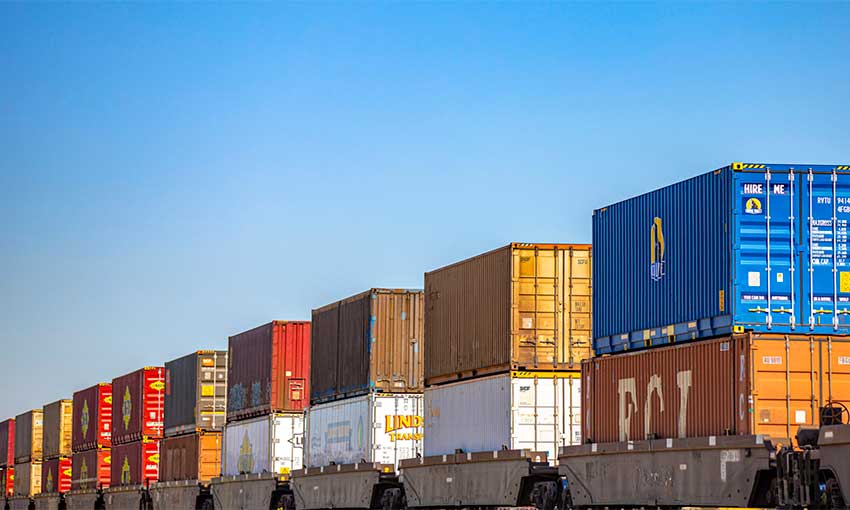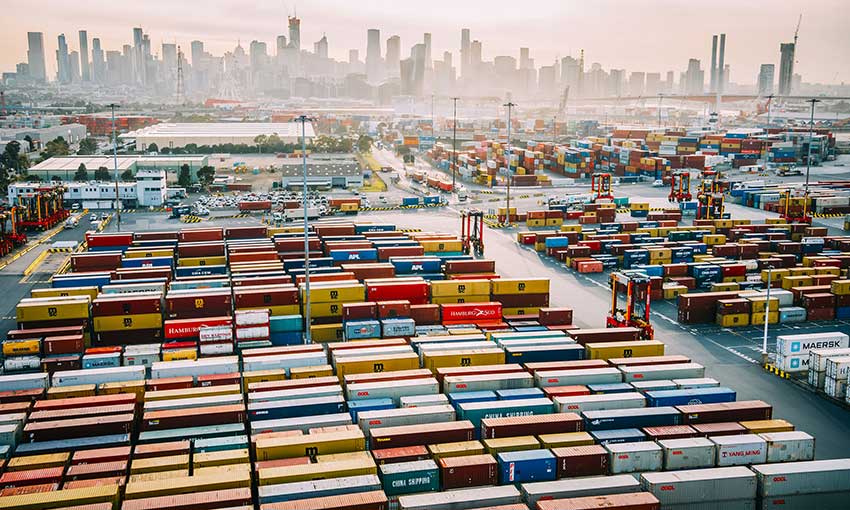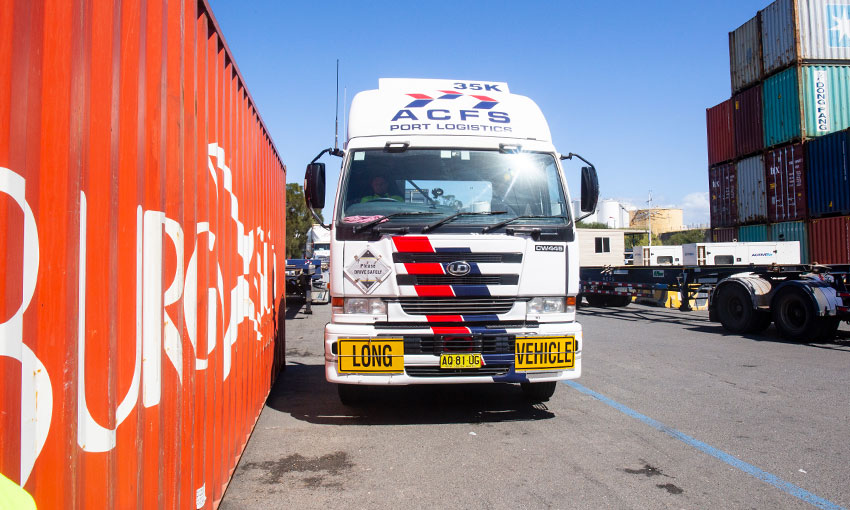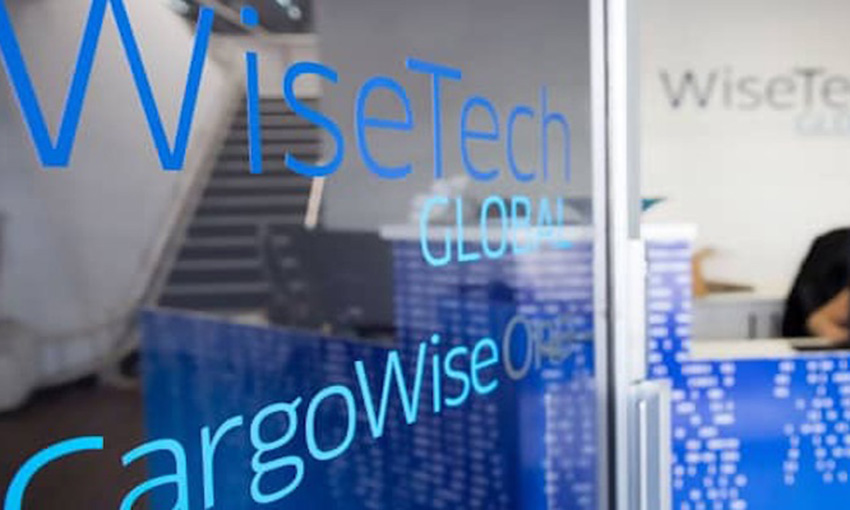THE formation of the Future International Trade Alliance has brought together five leading industry associations in a commitment to standardise digital trade.
The alliance was co-founded on 15 February through a memorandum of understanding between the Digital Container Shipping Association, BIMCO, the International Federation of Freight Forwarders Associations (FIATA), the International Chamber of Commerce, and SWIFT.
Together, the organisations have committed to standardising the digitalisation of international trade, representing a milestone in the digitalisation of container shipping technology standards.
The FIT alliance said it aims to generate awareness of common and interoperable data standards and common legislative conditions across international platforms and jurisdictions.
The goal is to facilitate acceptance and adoption of electronic bills of landing throughout the industry, and in particular by regulators, banks, and insurers.
Ultimately, the alliance hopes to accelerate digitalisation, making end-to-end shipping more efficient, more straight-forward, and secure.
“The digitalisation of documentation for container shipments will add value for international suppliers who rely on shipping across sectors,” BIMCO CEO and secretary general David Loosley said.
“Aligning these standards with the electronic bill of lading standard for the dry and liquid bulk sectors, which we are developing with assistance from DCSA, will help accelerate the digitalisation of trade globally.”
As an advocate of digitalisation and a founding member of the DCSA, shipping company MSC has welcomed the creation of the alliance.
MSC global chief digital and innovation officer and DCSA chairman André Simha said only a collective, industry-wide approach will ensure this transition takes place effectively.
“MSC believes that for digitalisation to work at its best, everyone needs to be on board, working hand-in-hand establishing a common language, defined by the whole industry,” Mr Simha said.
“It doesn’t just begin and end with containers; we need to look at the entire journey and create best practices that work for our customers all along the supply chain.
“By bringing together so many important trade associations, the FIT Alliance represents a major step forward, and it I’m excited to see the benefits that this collaboration will bring about.”
DCSA CEO Thomas Bagge said the implementation of a universal electronic bill of lading needs to be driven by cross-industry collaboration.
“The agreement between DCSA and these diverse industry associations is an exciting milestone in our journey towards standardising all container shipping documentation through our eDocumentation initiative,” he said.
“We applaud the foresight and leadership of these organisations for joining us in the effort to bring greater transparency, efficiency, reliability and sustainability to the container shipping industry.”
FIATA director general Stephane Graber said interoperability between actors of the trade and transport industry is fundamental to enabling smooth data exchange and streamlining end-to-end shipping.
“FIATA … is convinced that an industry-wide effort to establish open-source, interoperable, technology-agnostic standards is essential to make digitalisation of international trade a reality,” Mr Graber said.
He said the company’s electronic bill of lading standard would help further the acceptance of electronic documents by stakeholders involved in bill of lading transactions.





